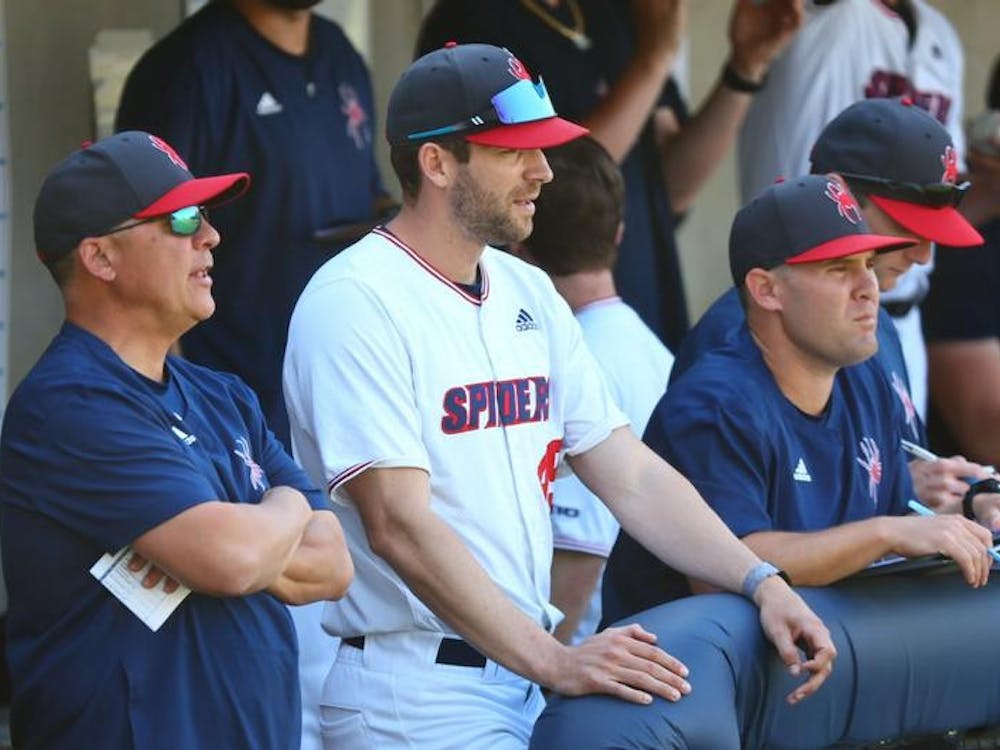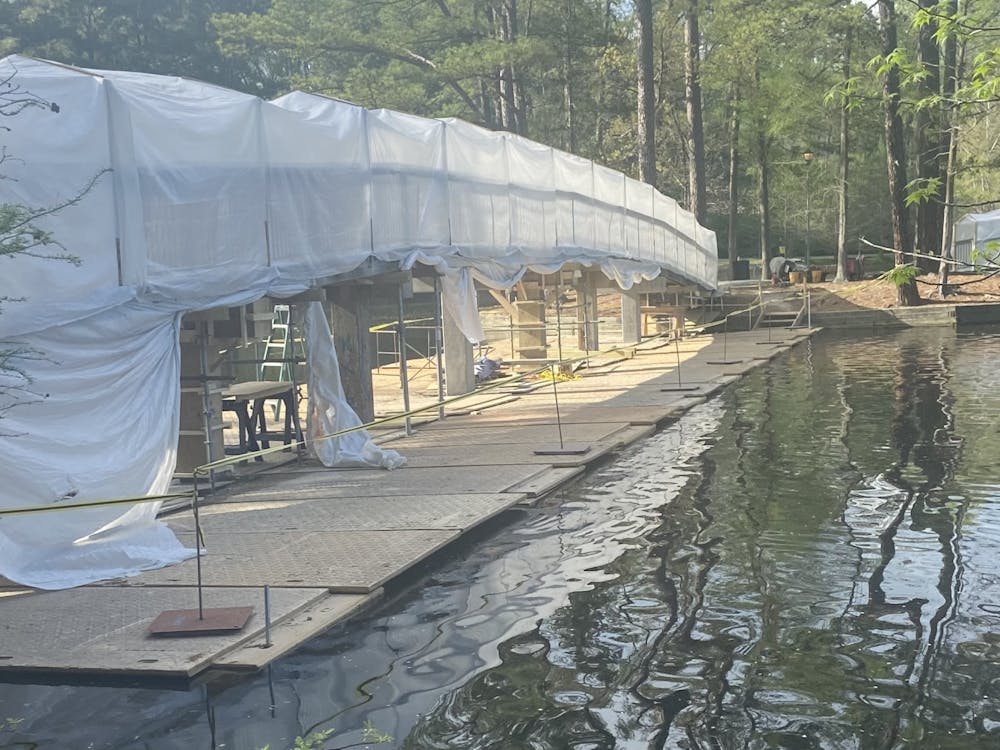It is easy for the majority to tell the minority not to question or take offense to the status quo.
Maddie Bright does exactly this in her recent opinion piece on safe spaces.
While I do not agree with Maddie’s argument, which I interpret to be that people have become overly sensitive in demanding safe spaces, I understand her point. Still, I find her argument simplistic and lacking a fundamental understanding of what it is like to be a minority in a country that implicitly favors the majority.
Maddie brings up a lot of complex issues --“illegal” immigration, gay marriage, obesity, and race. Grouping all of these people together is inherently offensive and she fails to recognize the human implication of what she is saying. For example: Many would recognize that choosing the word “illegal,” which Maddie does, instead of “undocumented” is offensive; “Gay people” could be offended if you tell them that you do not agree with something that you have a right to and they don’t; and comparing police brutality and “black-on-black” crime, which Maddie does, is both illogical and offensive.
Maddie, however, is not alone in holding these beliefs. Blanketed statements highlight a general, insidious ignorance to the magnitude of the racism and poverty that continue to haunt Americans, including many in this city. Richmond was once the capital of the confederacy and its history has left lasting marks on the demographics and poverty rates; less than 10 percent of students in Richmond City Schools are white and over 20 percent of the city’s resident’s fall below the poverty line. Disadvantages and separations such as these lead to staggering education gaps.
It is simple for politicians, economists, and even college students to frame countless individuals and underserved communities within blanketed statistics and narrow minded beliefs.
Our school serves as a prime example of separation. On paper, our school is a leader in diversity with 31 percent students of color and 10 percent international students, but I believe that our campus culture does not reflect this diversity. From talking to international students and athletes, I have found that many of them feel underrepresented in organizations around campus, which is a shame as many of these students are more talented than the average student at our university. Maddie’s words have strengthened my resolve in the belief that our school needs to become a leader of civic engagement and cultural inclusion.
The dislike of “safe space,” is in itself, asking for safe space -- a “safe space” so that people could hold tight to their, in my opinion, ignorant beliefs.
Support independent student media
You can make a tax-deductible donation by clicking the button below, which takes you to our secure PayPal account. The page is set up to receive contributions in whatever amount you designate. We look forward to using the money we raise to further our mission of providing honest and accurate information to students, faculty, staff, alumni and others in the general public.
Donate Now


